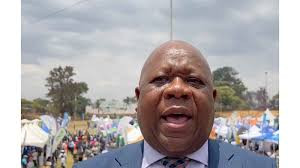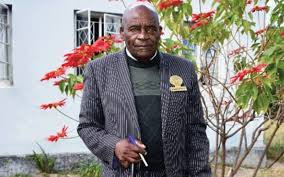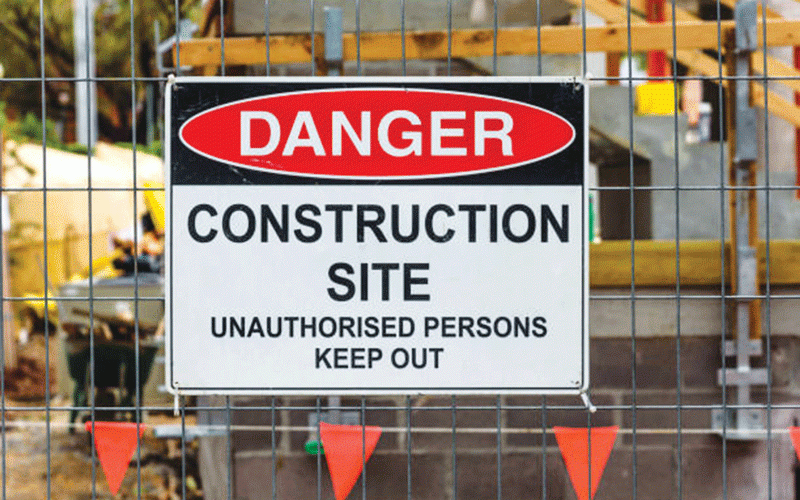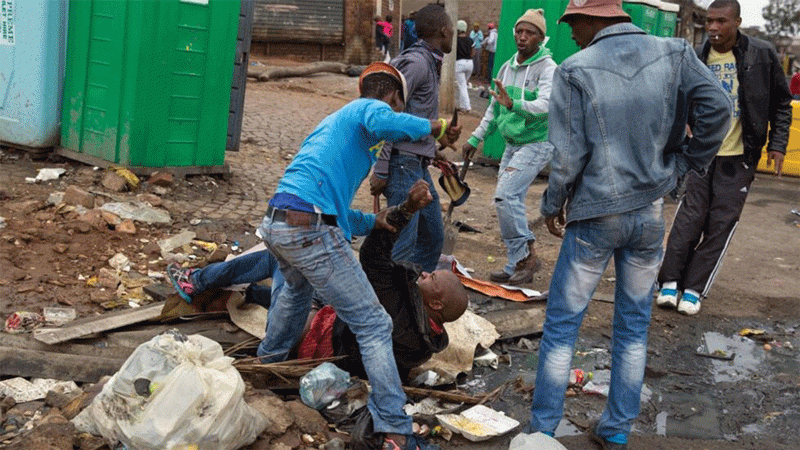
PRESIDENT Emmerson Mnangagwa is expected to announce dates for the harmonised elections to be held by August 26 2023. It’s all systems go and the opposition Citizens for Coalition Change has only two months to campaign vigorously to mobilise people to vote.
This election should be a decider for Zimbabweans to either swim or sink into the political, social and economic quagmire.
The electoral body should be professional and pave way for a free and fair elections which will usher a government of the people, for the people.
This is an election which must decide the future of the next generation and put Zimbabwe back to its glory days of being the breadbasket of Africa. To patriotic and progressive Zimbabweans, this is the chance to ensure that we vote in numbers and win big for the country to close gaps for election rigging.
There should be no room for violence like what the country has experienced in the previous elections. The country needs peace before, during, and after the election period. We have challenges to be solved in Zimbabwe as all the facets of development are at a standstill.
The forthcoming elections will determine whether or not Zimbabwe can be readmitted into the Commonwealth grouping.
Zanu PF has destroyed public infrastructure and stripped citizens’ dignity through misrule.
The level of corruption and economic decadency in the country has reached alarming levels with the local currency on a free-fall. It’s now clear that Zanu PF under the new republic cannot be trusted with another term of misgovernance. It is not fit for purpose. Zimbabwe cannot afford to be burdened with the Zanu PF yoke again for the next five years.
- CCC links Chiwenga threats to violence outbreak
- CCC links Chiwenga threats to violence outbreak
- Corruption Watch: Get scared, 2023 is coming
- Corruption Watch: Get scared, 2023 is coming
Keep Reading
The Zimbabwe Electoral Commission (Zec) must be independent as provided under the Constitution and not to be captured by Zanu PF.
The independence and neutrality of Zec will help the electorate to elect the right person for the job. Zimbabwe cannot afford to have another disputed election.-Leonard Koni
Elections must be cancelled
ZIMBABWE should just forgo the general elections and pursue a negotiated settlement.
There has not been any commitment to democracy since all the mainstream media and other State apparatus have been biased in favour of only lawyers President Emmerson Mnangagwa, Citizens Coalition for Change leader Nelson Chamisa, MDC Alliance president Douglas Mwonzora and NCA’s Lovemore Madhuku in that order!
In the 2018 general election, there were electrical engineers, mechanical engineers, accountants, soldiers, pastors and lawyers who were presidential candidates and none of them except lawyers are running the show.
It is a fact that one of the lawyers will win the presidency in the coming elections expected to be held before August 26 this year.
Why waste billions of dollars on such a useless election exercise whose results are already known.
Rather, Zimbabwe should be encouraged to go for a multi-professional government of national unity with lawyers, engineers on top in equal proportion, with accountants and others.
If Zimbabwe proceeds with elections, it will be a sham election and an insult to democracy.-Tendai Peter Munyanduri
Does Africa really need coal power plants?
LOBBYISTS the world over have consistently opposed coal power production saying it was unclean and unsafe with disadvantages outweighing benefits.
However, it seems Africa is on a roll establishing coal plants to meet the power deficit on the continent.
This is despite the huge potential that Africa has in producing clean energy.
For instance, the Congo River has the capacity to power the entire continent if the resource is well utilised.
Other resources that have yet to be fully exploited include wind and solar, which are readily available on the entire continent.
Despite the opposition to coal power, the African Development Bank (AfDB) last year approved recommendations to bring the Sendou coal-fired power plant project in Senegal into compliance with its policies and procedures.
The compliance review report was approved with a mitigation action plan prepared by the bank’s management.
The board’s decision was set to trigger the process of resolving the main concerns raised by the complainants that the Sendou power plant would have negative impacts and consequences on their environment and their lives.
It may be converted to run on natural gas once domestic gas is available.
Coal power has been met with opposition in countries like Kenya, where the Lamu coal power plant has not sat well among locals and activists.
The project in Lamu conflicts with the area being a Unesco heritage site and a major tourist attraction.
Farmers and fishermen in Lamu will have their livelihoods destroyed if the ambitious 3 000 megawatt project goes ahead.
In South Africa, Life After Coal and Greenpeace Africa have slammed the Integrated Resource Plan for Electricity (IRP) saying that if the Department of Energy were to publish the least-cost plan that civil society organisations have been demanding, it would not include any new coal.
The civic society organisations argue that allowing the two new coal plants contemplated by the draft IRP would be disastrous for water resources, air quality, health, land and the climate.
Currently, Africa has eight active coal power plants.
Botswana has the highest number of active plants at four while Morocco and South Africa have two each.-AgainstCoalPlants











